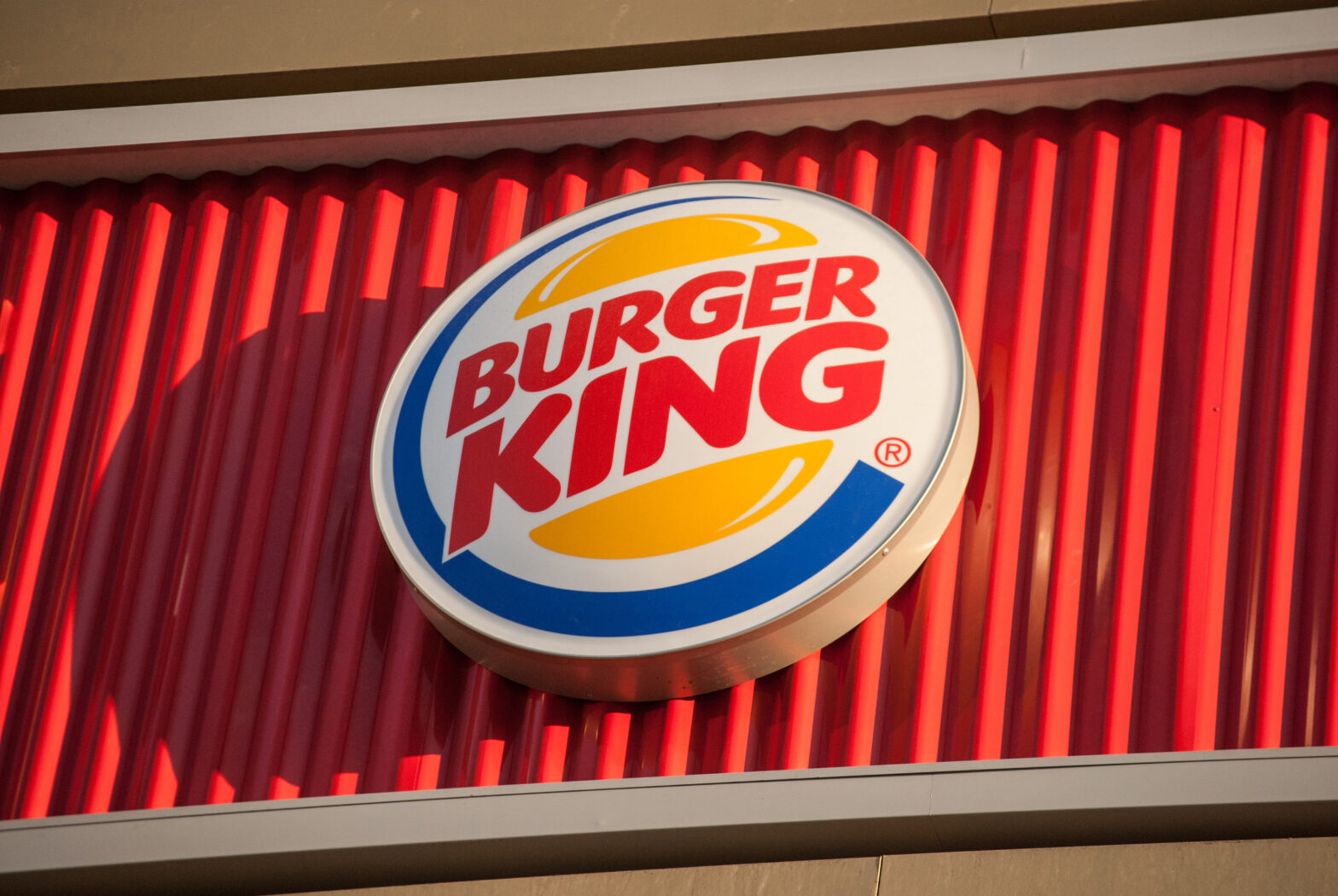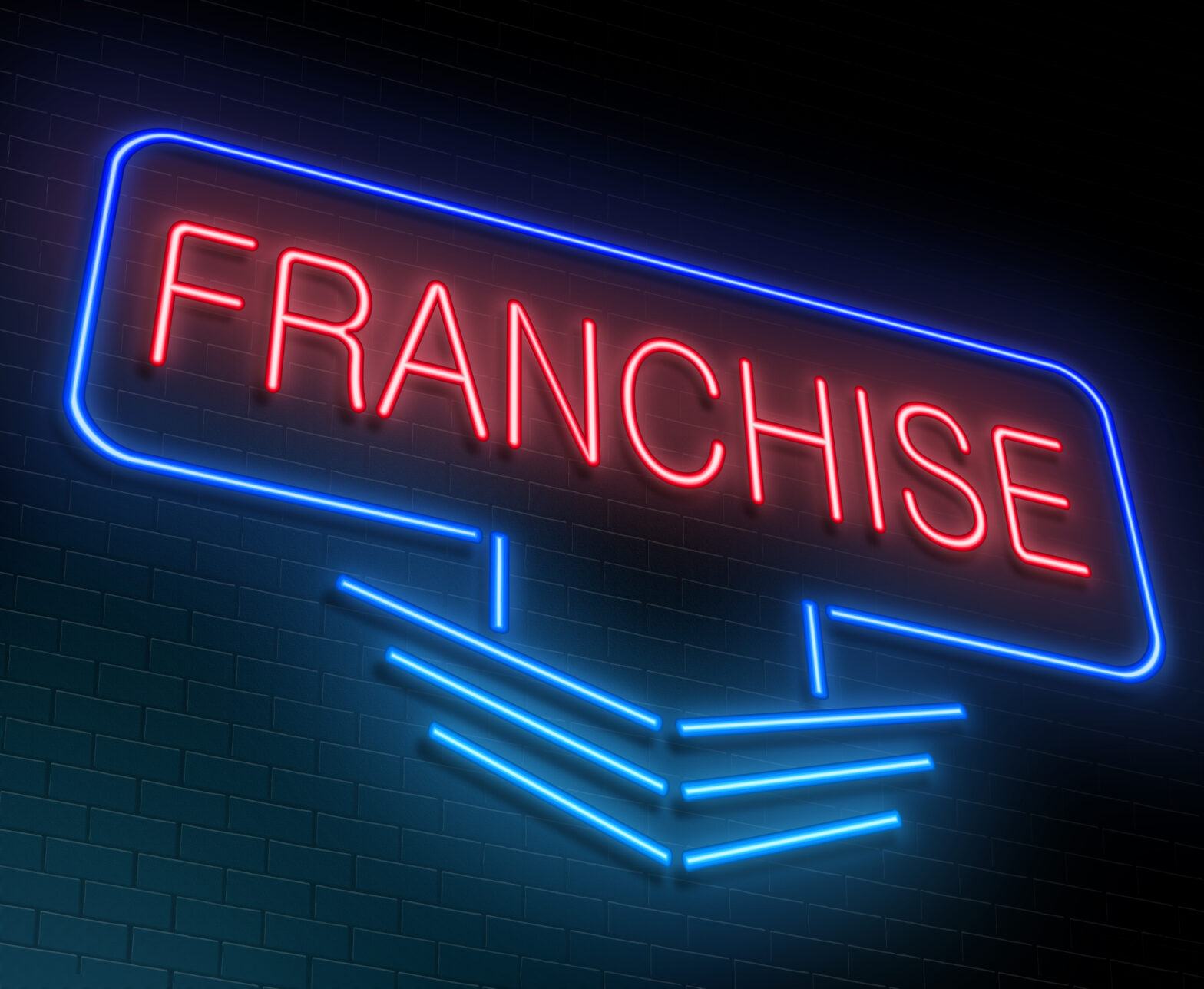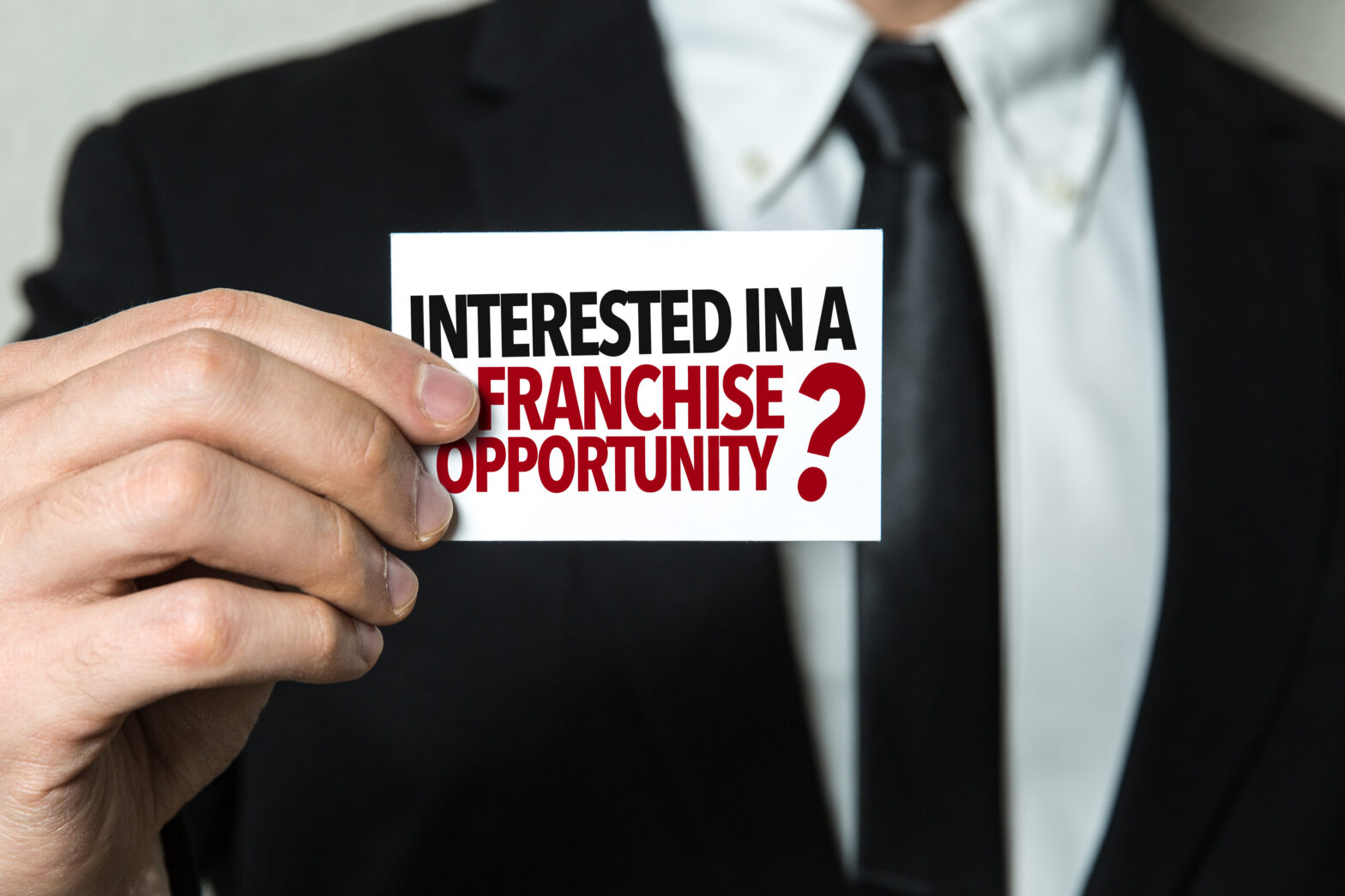There’s a part of the economy that’s been operating in the UK for 60 years, generates almost £14 billion in revenue annually, employs more people than the population of Sheffield and is by far the safest way to start a business, according to statistics from the Office of National Statistics, Natwest Franchise Survey and British Franchise Assocation.
That sector is franchising, a vibrant and modern business community home to more than 39,000 businesses but one which continues to fly under the radar, despite its ongoing achievements. Here are four ten-year trends that show why you should be paying more attention to it:
Franchise Sector Growth
Whatever the wider economic weather, the franchise sector has been punching way above its weight. It outstripped UK PLC during the largely boom period of the early-mid noughties – but when the recession bit, and kept biting, franchising did something remarkable: its revenues grew by 20 per cent from 2008 to mid-2013, a time when the country’s economic output shrank by 2.5 per cent.
In fact, growth from 2003 to 2013, when the most recent comparable data is available, shows that franchising expanded by 42 per cent in terms of its turnover, well ahead of the 11.5 per cent growth in real GDP.
Similarly, there was a corresponding increase in jobs created by the sector. Employment in franchised businesses grew by 46 per cent to more than 560,000, with four times as many full-time jobs created than non-franchised businesses managed over the ten years.
Success
Each year, approximately 90 per cent of franchisees report profitability, and less than 5 per cent of franchisee-owned businesses have closed due to commercial failure. In fact, both those trends go back more than 20 years, and include the period right through the downturn.
Because franchising is based on proven, replicable business models, it offers a far higher chance of success than going it alone: estimates on the number of SMEs closing within three years of starting up range from 50 per cent upwards. If you’re looking to start your own business, the franchise sector is clearly something you should be considering.
The success rates show that the franchising formula of a locally-owned and run enterprise driven by a small business owner, with branding, economies of scale and support from the wider network and brand, gives a business owner a far better chance of success.
Diversity
There’s a vast choice on offer to prospective business owners regarding the franchise sector in which they want to operate, where to base themselves, and the number of options available.
The same proportion of franchises are run from home as are run from a shop or retail unit (28 per cent). Long gone are the days when fast food and hotels dominated the franchise sector; with the expansion seen in the last decade in particular, the number of business sectors and individual brands have both risen exponentially.
There are now more than 930 brands using a franchise model across the UK, which is an increase of 34 per cent since 2003. Both B2B and B2C operations are well represented, with a multitude of professional and personal services available to budding business owners.
It’s surprising just how many businesses are franchised. In fact, you’ve probably used the services of a franchise brand within the last week, even if you didn’t know it at the time. It might have been the gardening, shopping, a haircut, cleaning the house, taking care of your pet, fixing your car, buying or renting property, caring for elderly family; or professional services such as graphics, coaching, cost management, printing, commercial cleaning, marketing, IT…franchises are everywhere!
A good illustration is in the number of household brands that have franchises, without being widely known for them. Thorntons, Clarks Shoes, O2, Domino’s, Dyno-Rod, Toni & Guy, Interlink, Marston’s…that’s just a handful of the national and international businesses that have franchise operations in the UK.
And they’re joined by hundreds of up and coming brands, from regional companies just starting out on their franchise journey to those on the way to joining the above list in the future – and everything in between.
Inclusivity
At various times in recent years the spotlight has focused on different demographics of business ownership. Women, the young, ‘olderpreneurs’, those made redundant, and so on. One of the reasons why franchising has evidenced such consistent growth is that it actively encourages all backgrounds and walks of life to become franchisees. There are so many businesses looking for so many different personalities that there really is something for everyone.
The young are valued for their enthusiasm, creativity and determination, and the backup and support of a franchise is perfectly suited to plug any gaps in knowledge or experience they have. The reverse is true for those entering the sector at a later age, when their expertise and skills gained over a career can help shape the business model and provide valued input and a mature outlook. The mean age of all franchisees is around 47 years old, but more new franchisees are aged under 30 than over 50, so there’s a real mix.
Women have been well represented in the franchise sector for some time, and it’s a trend that continues to grow. In 2003 there were already the same proportion of female franchisee business owners as there are in the wider economy today, so it’s no surprise that by 2013 franchising was way ahead of the curve on this front – with 30 per cent of franchises run by women, a figure that has risen steadily over the last decade.
Finally, the professional background of people before they entered the sector is interesting – in 2013, 16 per cent of franchisees were previously self-employed outside franchising, indicating that they recognised the benefits of having the support and training on offer to business owners operating in the franchise sector.
Pip Wilkins is the head of operations for the British Franchise Association.





